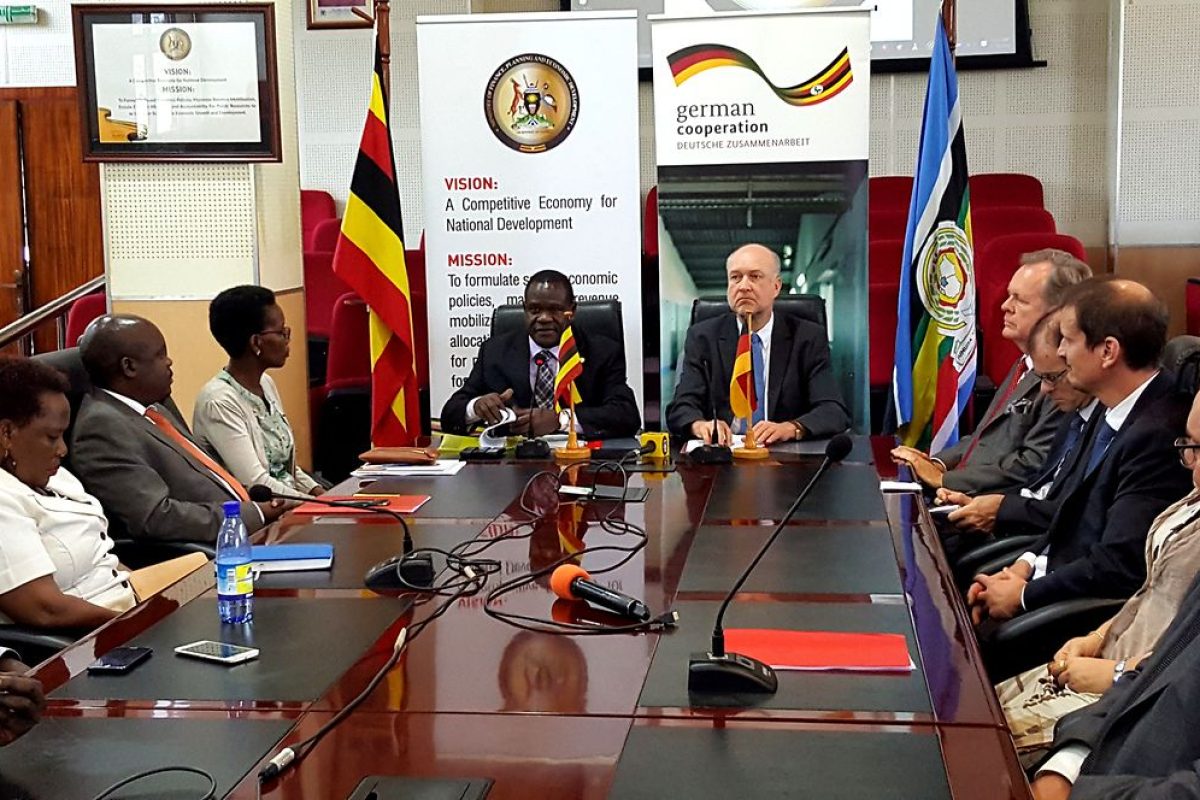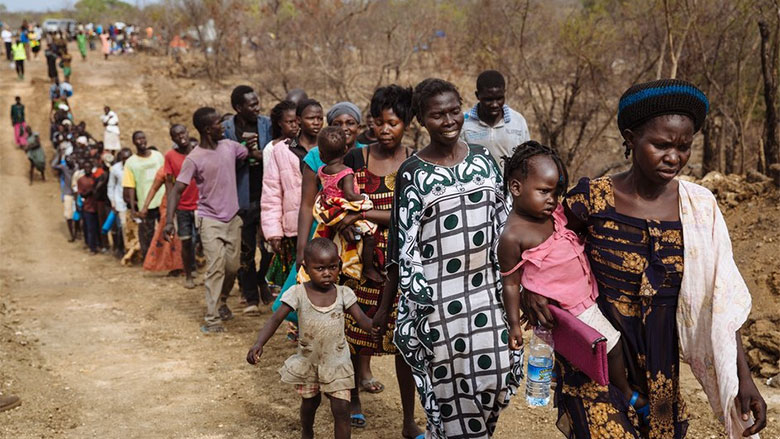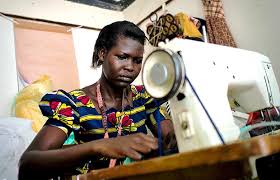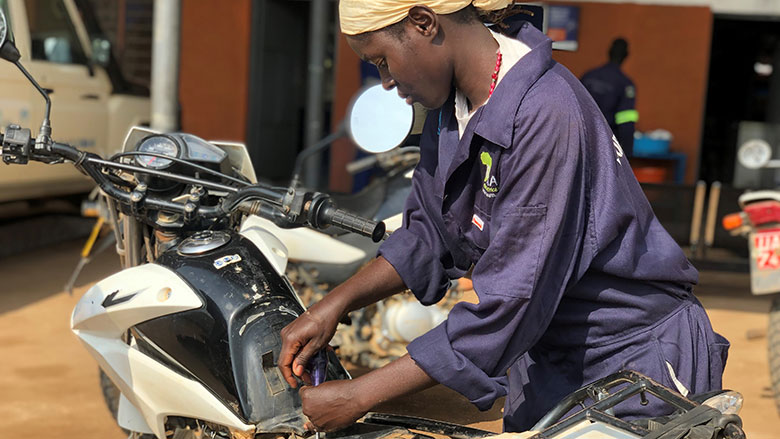On November 16, 2018, Uganda and Germany successfully concluded government negotiations in Kampala. The negotiations aimed to agree on the development cooperation programme for the next two years 2019 – 2020. The overarching framework of this years government negotiations was composed by Ugandas National Development Plan II (NDP II) and the “Marshall-Plan with Africa ” being the new strategic basis for German Development Cooperation.
With a major focus on North Uganda both sides agreed on new programmes in the focus areas Renewable Energy, Agriculture and Rural Development including support to refugee hosting communities. Further initiatives to strengthen the public finance management systems, Governance and Civil Society as well as Technical and Vocational Training for job creation for the youth in Uganda were concluded. Germany’s bilateral programmes are implemented by German International Cooperation (GIZ) and KfW – the German Development Bank. All initiatives aim to support Uganda to achieve its national targets within the Agenda 2030 and AU Agenda 2063.
German support of a project for refugee hosting communities in the agriculture and rural development programme with EUR 15 million is the major part of a total investment of EUR 36.2 million in Agriculture and Rural Development. With this programme Germany helps exploiting the potential of Uganda’s agricultural sector for promotion of employment and income generation as well as to increase food security. Former water and sanitation sector activities have been re-focused on water resources management and water for agricultural production to address the growing pressure on the water resources through increased use of water for production and on effects of climate change.
A new approach in the energy sector was achieved by planning 40 solar-powered mini-grids in rural areas to bring electricity to marginalized villages far away from the national grid. These mini-grids will serve families and small scale industries with reliable access to electricity for private and productive use. Additional German cooperation will continue on implementation of ongoing investment projects during the coming two years. Three new projects in this sector are facilitated with a contribution of EUR 23.2 million. German cooperation will continue to emphasize on the promotion of private investments in the energy sector. An excellent example is the ongoing very successful GetFit Program which uses private and public funds to enhance decentralized renewable power generation.
Uganda records a steady growth of its economy by 4% yearly, which is mostly attributed to extensive infrastructure programmes and improved policies on financial management. However, about 40% of the Ugandan population still lives below the poverty line despite many improvements. Population growth and challenges with the public finance management systems are amongst the biggest obstacles for advanced development in Uganda. Additional activities in the area of Anti-Corruption, Public Finance Reform, Governance, Human Rights and Civil Society support are meant to address these issues with greater focus in the coming years by German support amounting to another EUR 10.1 million, with another EUR 10 million envisaged, subject to German parliamentarian approval.
The government negotiations took place in an open, constructive and warm atmosphere and were concluded by the signing of joint summary records on 16th November 2018 by the Deputy Secretary to the Treasury, Mr. Patrick Ocailap, for the Ugandan side and by the Director for East Africa of the Federal Ministry of Development Cooperation, Mr. Niels Breyer, as head of the German Delegation.






























